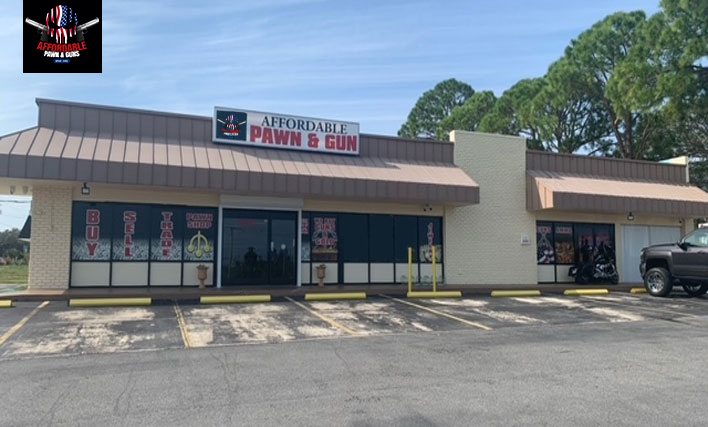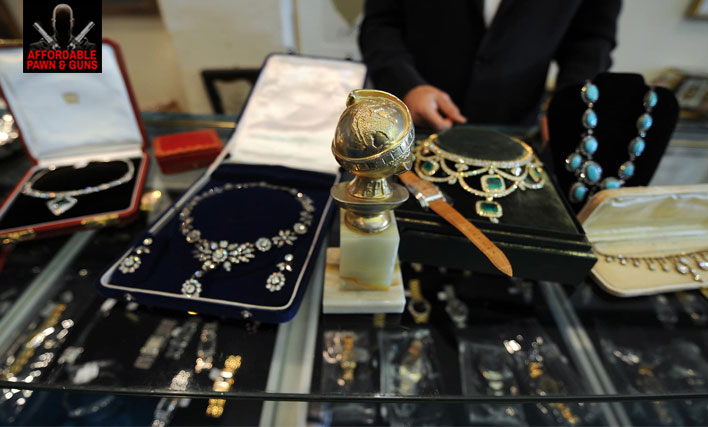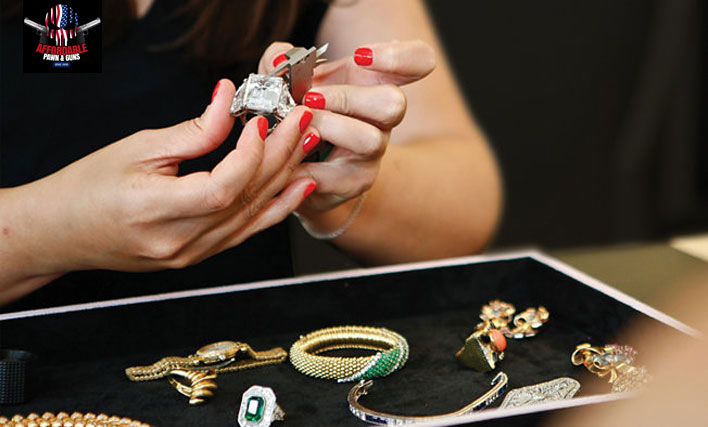
Overview:
Pawn shops serve as a quick source of cash for those willing to pawn or sell valuable items. Understanding how these shops determine the value of your belongings can help you get the best deal possible. Here's an overview of the process and key factors that influence the appraisal.
1. Research and Expertise
Pawn shop owners and employees are often skilled in appraising a variety of items, from jewelry and electronics to tools and collectibles. They use their expertise, databases, and online marketplaces like eBay and Amazon to assess an item's current market value. If your item is rare or unique, they may consult specialty guides or experts to gauge its worth.
2. Condition of the Item
Pawn shops inspect items for functionality, wear and tear, and aesthetic appeal. For example, scratches on a gold bracelet or a missing charger for a laptop can lower the value. Items in pristine or near-new condition are more likely to fetch higher offers.
3. Market Demand
The value of your item is influenced by its demand in the local and broader market. Seasonal trends, economic conditions, and shifts in consumer interests play a role. For instance, power tools or gaming consoles might have higher value in communities where they are in demand. Jewelry and gold, which have universal appeal, typically retain consistent value.
4. Precious Metals and Gemstones
If you’re pawning jewelry or watches, pawn shops evaluate the intrinsic value of materials like gold, silver, platinum, or gemstones. They assess factors such as:
· Gold/Silver Content: Measured in karats for gold or purity percentage for silver.
· Gemstone Quality: Cut, clarity, carat weight, and color of stones like diamonds.
Pawn shops often use specialized tools like magnifiers, scales, and acid tests to ensure accuracy.
5. Brand and Original Packaging
Well-known brands can significantly increase an item’s value. Designer handbags, high-end electronics, and luxury watches fetch higher offers. Original packaging, certificates of authenticity, or receipts can further boost the value, as they confirm the item’s legitimacy and enhance its resale appeal.
6. Depreciation
Electronics and vehicles depreciate over time, meaning their value decreases the older they get. Pawn shops take this into account when making an offer. However, certain vintage items or collectibles may appreciate in value if they are rare or in excellent condition.
7. Loan vs. Sale Value
If you’re pawning (not selling), the shop offers a loan based on a percentage of your item’s value—typically between 25% and 60%. This ensures they can recover costs if the item isn’t redeemed. If you sell outright, you may negotiate a slightly higher amount.
Tips for Getting the Best Deal
· Do Your Research: Know your item’s market value before visiting the pawn shop.
· Negotiate: Many shops are open to counteroffers, especially for high-value items.
· Prepare Your Item: Clean or repair minor issues to maximize its appeal.
Conclusion
Understanding how pawn shops determine value helps you approach the process with confidence and maximize your returns.
More Posts





